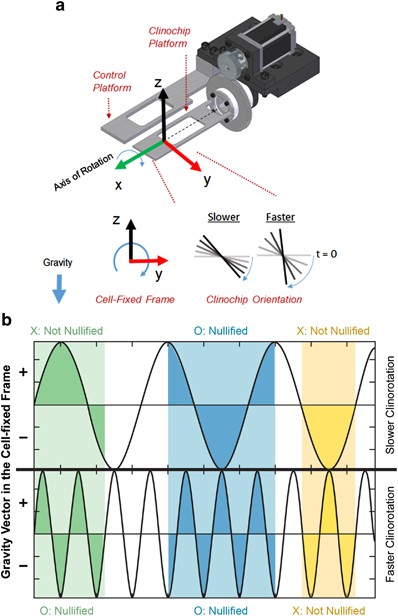
- Select a language for the TTS:
- UK English Female
- UK English Male
- US English Female
- US English Male
- Australian Female
- Australian Male
- Language selected: (auto detect) - EN
Play all audios:
The proposal that there should be a long Brexit extension – stretching to the end of 2020 or even 2021 – makes little sense. The idea of a long extension has been put forward by two former
prime ministers, John Major and Gordon Brown, and has attracted support from the commentariat, including Matthew d’Ancona in the _Guardian._ Major wants Article 50 to be revoked, and Brown
wants a year long extension to allow for more consultation and negotiation, “The logic of extending Article 50 is now inescapable to avoid chaos on 29 March and prevent an impending national
political disaster,” the former Labour premier argued. This view is supported EU Council president, Donald Tusk. He tweeted in support of a “long extension” if Theresa May requests it. For
some, there may be a sigh of the relief at the idea of Britain putting off a decision and settling down into a year or two of negotiations in Brussels while simultaneously trying to forge a
Brexit consensus here in Britain. But is it real politics? Can the EU really give the UK a long extension? It would mean the UK staying as an EU member state with a voice, vote and veto at
the European Council of ministers and in the European Parliament, having a Commissioner and EU employed British officials working in Brussels – while still continuing to negotiate Brexit. In
the morning, London would carry on trying to shape a deal that can win the support of the House of Commons, and in the afternoon the UK could threaten to block the EU’s next seven year
budget, and other proposals which both Paris and Berlin or the Commission are pushing. It is hard to see the EU27 agreeing to this half-baked idea of Britain carrying on as an EU member and
using that leverage to get what it wants from Brexit. It is far from clear that there is a majority in the House of Commons for such a long extension. The core problem is surely that after
more than two years of negotiation, the deal as it stand is utterly incoherent. All attention has been focused on the backstop to prevent a hard border, which may be used as a potential
target for next generation anti-Brit IRA terrorists. Few have paid attention to the 147 paragraphs of the Political Declaration. These contain so many internal contradictions they guarantee
years of tetchy negotiations. The relatively uncomplicated EU-Canada free trade agreement took seven years to negotiate. It does not cover services, which form 80 per cent of the UK economy.
Nor does it cover thorny problems like citizens living, working or retiring with full rights in each other’s countries. Mrs May’s deal guarantees the next decade will be plagued by Brexit
issues. Disagreeable as it may to both the Conservative and Labour establishments, a better alternative to asking for an extension might be to ask the people if they want to proceed with
Brexit. After all, if Leavers are right and the nation is determined to break with Europe, they should have nothing to fear from having that choice confirmed in a new vote. A long extension,
on the other hand, makes no sense. It leaves Britain as the cuckoo in the EU nest, using its vote and presence to disrupt EU business unless it gets its way on Brexit, and offers no
guarantee that the final outcome will be any different from today.
:max_bytes(150000):strip_icc():focal(999x0:1001x2)/Billions_series-finale-102623-4-52eb196cc3934304b8c4d61e9b737a29.jpg)






